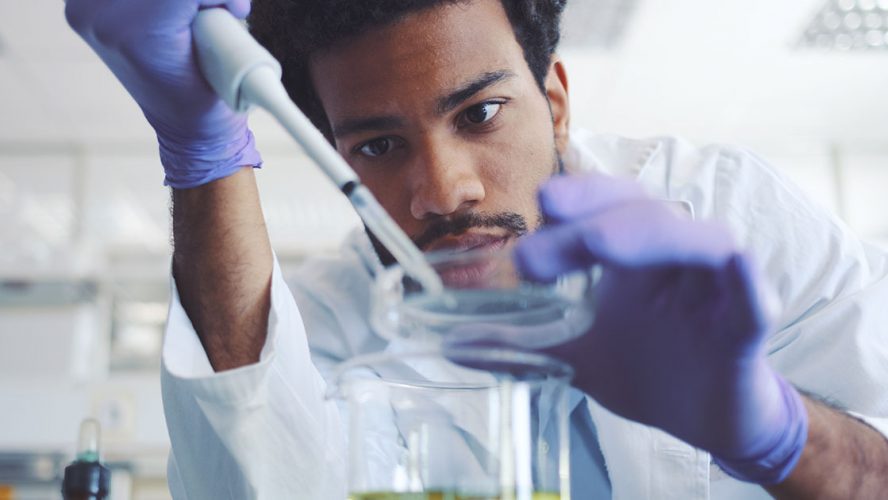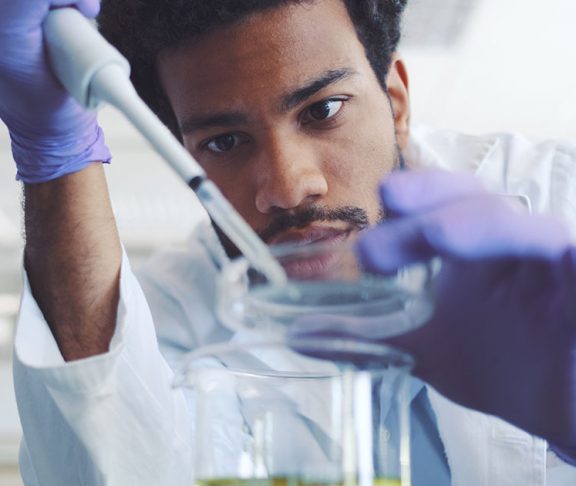
Mary Woolley
President and CEO, Research!America
Scientific progress is hard-fought; the path from basic research that uncovers new knowledge about the nature of a disease or debilitating condition, to a solution that benefits patients in tangible ways is full of uncertainty, unexpected twists and turns, and years of hard work. But confronting diseases that rob people across the globe of their health, independence, and time is well worth the effort.
Research!America envisions a future in which faster medical progress is not just a goal, but a top national priority — one that is urgent and unwavering. We envision a future in which our nation values the contributions of every segment of the research pipeline, from federally funded scientific discovery to the research and development U.S. companies advance in pursuit of medical technologies and treatments that enable us to live healthier and longer lives.
We envision a future in which other key research disciplines are prioritized because research benefits us all. This includes:
- Public health research to bolster our nation’s ability to prevent and defend against population health threats, such as pandemics and outbreaks
- Health services research to advance our healthcare system to be more efficient and effective
- Social sciences research to empower solutions for lethal threats like the opioid crisis and antibiotic resistance.
A top priority
Why does research merit a top spot among U.S. priorities? It saves lives, delivers solutions, and cuts costs.
Imagine a young family learning their daughter has acute lymphoblastic leukemia (ALL), a form of blood and bone marrow cancer that affects white blood cells. If their daughter had been born in 1950, her chances of survival would have been just 10 percent — today, she has a 98 percent chance of entering remission and a 90 percent chance of receiving a lifelong cure.
With continued support for lifesaving cancer research, we can find cures.
Picture a veteran who lost his arm serving our nation and now needs a prosthetic replacement. Thanks to the groundwork laid by decades of research, development, and breakthrough efforts of researchers and engineers at the Louis Stokes Cleveland Veterans Affairs (VA) Medical Center, and Case Western Reserve University, top-of-the-line prosthetic arms are available. New arms relay electrical signals to and from the brain, enhancing control and even restoring some sensation. Continued research in this field can bring ever more responsive and functional prosthetic technologies to wounded warriors and others.
What if you were a new parent and received a phone call that your seemingly healthy infant has severe combined immunodeficiency, or SCID, a rare immune disorder that affects 1 in 58,000 people. With the newborn screening program made possible by advances in genetic sequencing technology, your child can be screened early enough to undergo a bone marrow transplant before the age of three-and-a-half months. Now your child has a 91 percent chance of survival for a condition that was once fatal.
Research Benefits All
We are all patients — if not today, then tomorrow. The medications, procedures, and therapies that allow us to survive and thrive are made possible by continued investment in research. As new challenges emerge, elevating our commitment to research will provide hope for patients and build a healthier future for all.



